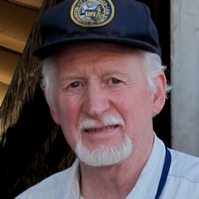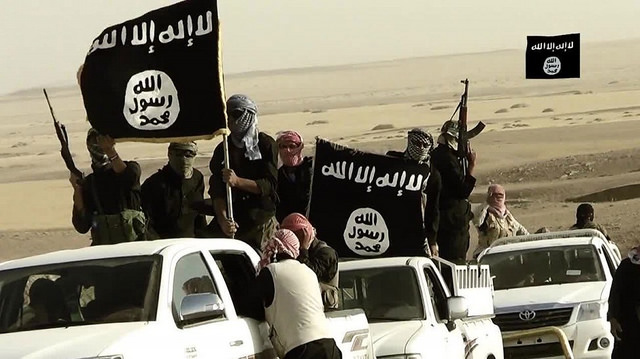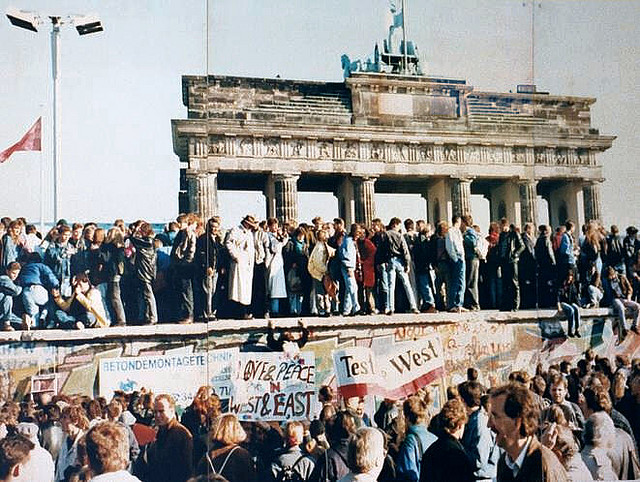By Jeff Brumley
The Christmas Truce of 1914 has been called heart-warming, inspiring and even miraculous. But could it ever be called repeatable?
The historic event occurred on Christmas Day that year during World War I, when German and Allied troops spontaneously laid down their weapons and met in No Man’s Land for soccer, fellowship and holiday joy.
Now, 100 years later, it begs the question: could any of the globe’s ongoing conflicts experience a similar phenomenon? Could ISIS and Kurdish forces embrace each other for a day?
And what about other kinds of wars? Some Americans wonder if a true Christmas truce is possible between factions in the nation’s so-called culture wars, where combat is waged with Tweets, Facebook memes and attack ads instead of machine guns and artillery shells.
Those who labor for peace in all of these realms say the answer is yes — though it might look different than expected and come about in odd places.
‘It’s not impossible’
First, it’s important to place the truce in its historical context, said Jim Jennings, president of Conscience International and executive director of U.S. Academics for Peace.
Despite their national and ideological differences, German, French and British troops shared a European culture that laid the groundwork for the temporary peace.
“There was … a common Christian heritage that enabled that to go forward,” said Jennings, who is a member of First Baptist Church in Gainesville, Ga.

A challenge to a similar truce happening today is that modern conflicts are often isolated, mobile and waged by combatants motivated by religious beliefs.
ISIS in Iraq and Syria cannot be trusted to provide safe passage even to negotiators seeking to mediate hostilities. Boko Haram in Nigeria and the Taliban in Pakistan are massacring civilians.
“What’s hard right now is the extreme nature of the terrorist groups that would rather slaughter people than talk,” he said.

That means there are few moments where “it’s ‘All Quiet on the Western Front,’” Jennings added, referencing the 1929 novel about World War I. “It’s not like those days where … you had forces reach out to each other.”
But groups like Conscience International, which quietly brokers peace talks around the world, and government agencies mustn’t strive to seek truces. Christians especially must seek to alleviate the suffering caused by war, Jennings said.
“Human beings are still capable of that kind of thing — it’s not impossible,” he said of the 1914 truce.
Profit-driven culture war
But one cultural observer said peace breaking out in the U.S. culture wars, even for just a day, is closer to impossible than possible.
While some actively engaged in the fight may entertain a truce, the media conglomerates behind them would never have it, said Alan Rudnick, a blogger and pastor of First Baptist Church of Ballston Spa, N.Y.
“We forget that news organizations and these personalities are there to make money,” he said.
Celebrity news and opinion shows are looking to sell books and advertising. “They profit from controversy.”
Audiences are part of the problem, too.

“Nobody wants to watch a newscast or listen to a radio show where two people agree with one another,” he said. “It’s just boring.”
But Rudnick said it is possible for politicians in Congress to experience brief periods of peace, if they want it.
It’s possible that as both political parties are torn apart by their extreme elements, moderates may come together in a spirit of cooperation to get work done.
The aftermath of the 9-11 attacks offered an example of such a peace, Rudnick said.
“For a number of months, everyone seemed to feel unified and all of the political battles being fought back were scaled back,” he said.
A political truce is much more likely nowadays because there can be self-interest in cooperation.
But even that is iffy in an Internet age when it’s so easy to character assassinate opponents using glib sound bites.
“The World War I Christmas truce came in an era when Northern European men had a sense of honor even in war,” Rudnick said. “I think we have lost that sense of honor even in disagreement.”
Peace: shocking and surprising
While the attainment of peace may seem futile, Christians are obligated to push for it anyway, said Ken Sehested, former executive director of the Baptist Peace Fellowship of North America and now an author and editor of PrayerandPolitiks.org.
Christians must work for peace, locally and globally, without being wrapped up in the outcome of those efforts.
And the gospel prohibits giving up on the world.

“We are never allowed to just escape history,” he said.
Besides, those miraculous, unexpected periods of peace can still happen — and have clearly done so.
One is example is when the Berlin Wall fell in 1989 to the total surprise of the Western powers and their intelligence agencies.
The thawing of relations between the United States and Cuba, announced just this month, is another.
“No one saw that coming,” Sehested said.

Working for peace also means never knowing what God has in mind about it, and knowing from history his plans are always greater than humanity’s.
“We are shaped in this confidence that peace will break out and that it won’t simply be the sum of our efforts,” he said, adding that God’s involvement always brings certain feeling with it.
“The outbreak of peace will be a miracle … in that it will surprise us, it will shock us and no one will see it coming.”
